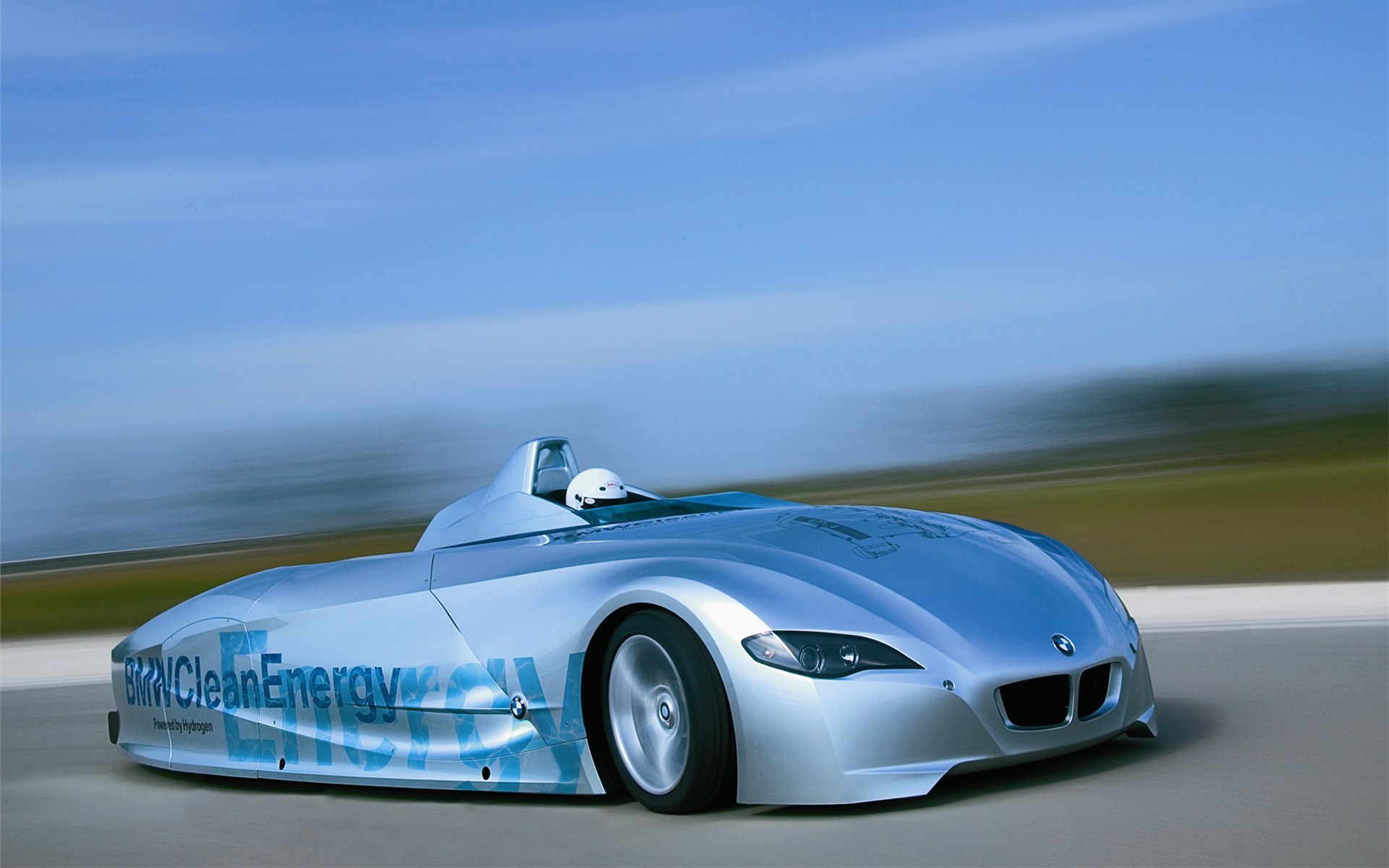Hydrogen is an element that produces water when combined with oxygen. Hydrogen is not essential a source of energy, but in fact it contain immense potential for producing energy when separated from the water molecule. It can be used in myriad applications, particularly in our current situation when there is immense shortfall and incumbent rise in the cost of fossil fuels. Hence, this precarious situation has altogether fueled the need to look out for alternative sources of energy which are abundant in nature, renewable and low in cost.
A group of researchers from UK’s University of East Anglia are currently working on a project for extracting hydrogen by using a process similar to that used by plants – photosynthesis. Hence, the researchers have devised a mechanism of artificially creating photosynthesis for producing hydrogen, a green zero emission fuel that could produce electricity and also fuel engines in cars.
The investment in the project is £800,000 in which very small solar panels would be placed on microbes that would replicate the process of photosynthesis by turning the rays of the sun into potential energy, which would be available in abundance and low in cost as well. The capability of sunlight is unparalleled and untapped. It is also estimated that the sun’s rays that all on the Earth for one hour long have enough energy to power the entire world for 365 days!
This research project is headed by Professor Julea Butt, Lead Researcher from the University of East Anglia with the collaboration of other professionals from the University of Leeds and University of Cambridge as well. The project has been sponsored by the Biotechnology and Biological Sciences research council. Julea Butt states that it has become the need of the hour to tap other renewable energy sources as the rising fuel prices coupled with their impending exhaustion are crucial as they would be insufficient to cater to the global power needs that are increasing by the day. There are many natural sources of energy that have tremendous potential such as wind energy, tidal energy and sunlight which are yet to be tapped to their fullest. However, there are many challenges that arise in converting such natural energy sources into potential useable energy. The photocatalysts or tiny solar panels would be instrumental in harnessing the energy o the sun and would also bring in more advancement in manufacturing chemicals, drugs and other carbon fuels.
A lot of researchers and scientists are presently working towards developing innovative technologies that can realize the true extent and scope of hydrogen energy which would provide environmental friendly and abundant energy. However, despite the knowledge of the potential of hydrogen power, there are immense challenges and obstacles that have to be overcome in order to make it viable and easily available. The main challenge is that it is expensive to produce hydrogen and hence the cost of its application is very high which would be taken care of through this project that would make hydrogen power cost effective and easily available.




